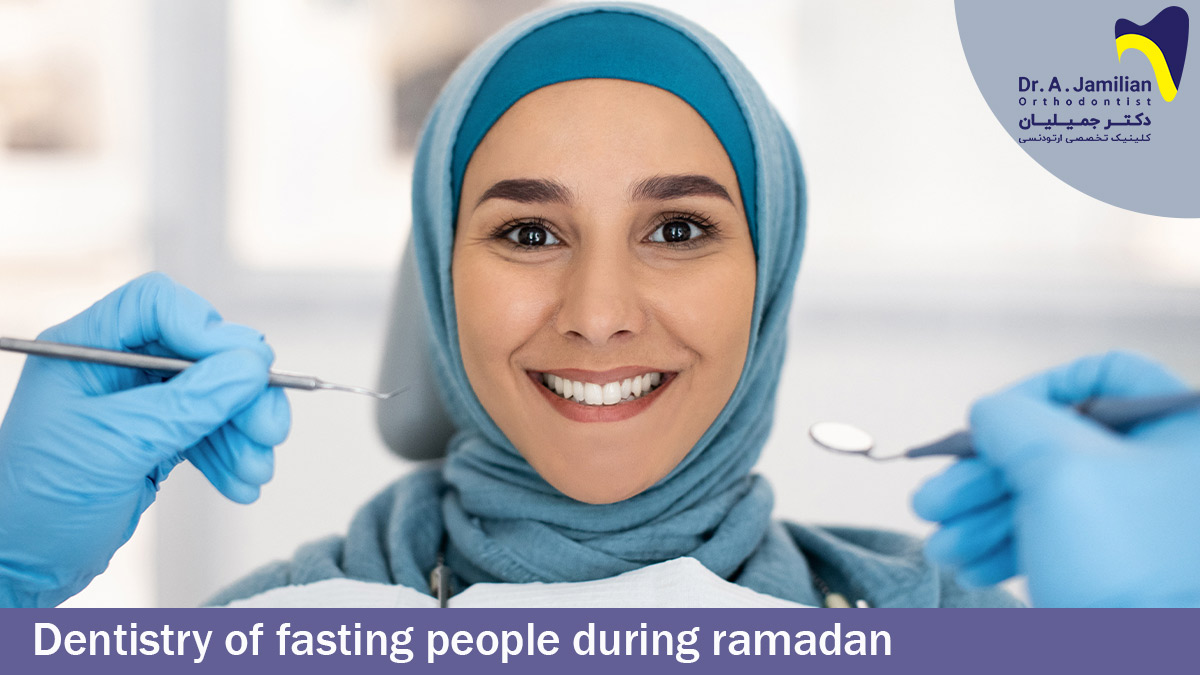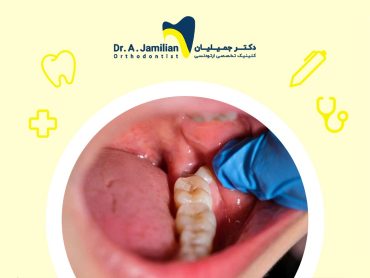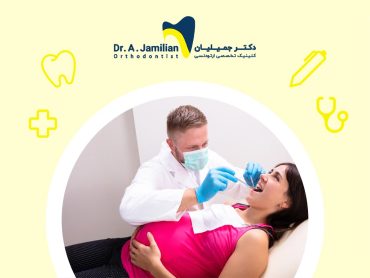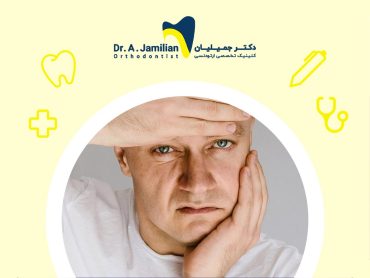On the ninth month of the Islamic lunar calendar, Ramadan begins -one of the five pillars of Islam. Not being able to consume, and being afraid of breaking their fast many people skip their dentist appointments. A simple answer to this is: that one may put dental supplies or other non-food items in the mouth during their fast. Rest assured, therefore, you can visit the dentist for a checkup during the holy month of Ramadan and your fasting.
During Ramadan, patients may hesitate to receive dental services for fear that their fasting will be disrupted. This may be the primary reason why fewer people visit dental offices and clinics during this holy month. As a whole, dental procedure such as anesthetic injections, tooth extractions, and fillings are not among the ten issues that invalidate fasting. Therefore, people who can avoid swallowing and ingesting anything while fasting are not prohibited from visiting the dentist. What follows are issues related to dentistry while fasting, as well as a set of fasting ordinances for dental patients.
Dental examination instruments do not invalidate fasting
Any dental practice requires using certain tools and equipment. Dental instruments and other non-edible objects can be placed in the mouth while fasting without causing any problems. As a result, you can visit the dentist without fear of invalidating your Ramadan fast.
Dental anesthetic injection during fasting
The fear of injecting an analgesic agent is likely the primary concern for patients undergoing dental treatments during Ramadan. Many dental treatments require anesthesia, which may give the impression that the fast could be invalidated due to a foreign liquid or spefically anesthesia. Taqlid authorities (leading religious scholars) have deemed it an obligatory caution for fasting people to avoid injecting ampoules that are used as food. However, as per their ruling, there is no issue with administering ampoules that provide numbing effects or those used as medication while fasting.
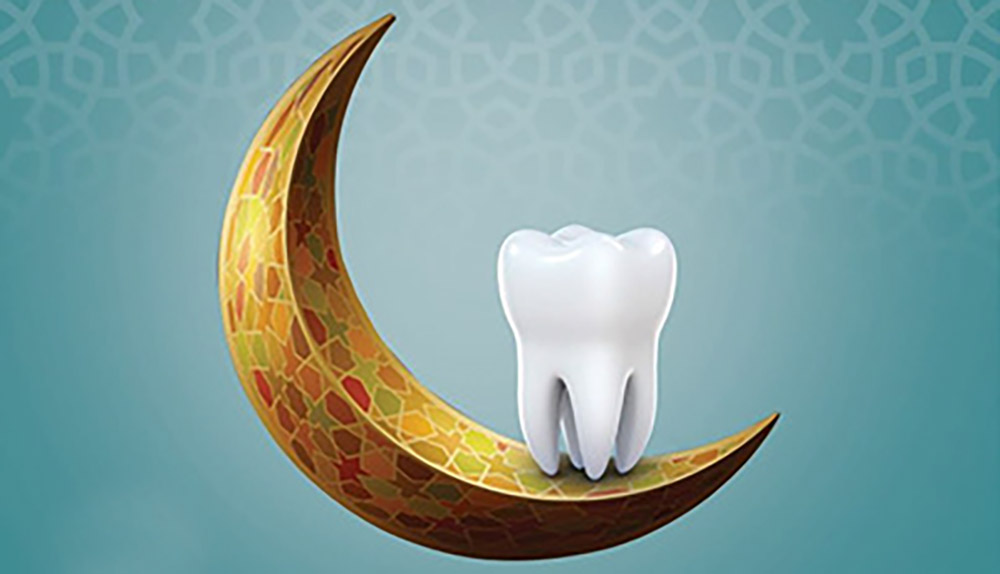
Tooth extraction or filling in Ramadan
Tooth extraction alone does not render fasting invalid. However, it is important to mention that tooth extraction or any activity that causes blood to come out of the mouth or causes saliva or other liquid to flow in the mouth unnecessarily are considered abominations during fasting days, as deemed by Taqlid authorities. As a result, if there is no emergency for tooth extraction or filling during Ramadan, it would be best to only do so after the holy month.
If your dentist or specialist recommends extracting or filling a tooth, scheduling these procedures after iftar is advisable to avoid any interference with your fasting. However, as stated earlier, these actions do not invalidate the fast. If nothing is consumed during these actions, the fast remains valid. If blood is present after a tooth extraction, it is important to avoid swallowing it intentionally. Blood is not the same as saliva and can break the fast. Thus, fasting people should be cautious to prevent intentional blood ingestion. It is important to continue taking care of your teeth after a tooth extraction. Typically, after a tooth extraction, it is normal to experience some bleeding from the extraction site until a few hours later. Even though the quantity of blood in this particular blood vessel may be quite minimal, you should refrain from ingesting it.
Aside from the decayed portions of the tooth being scraped in small pieces, tooth filling may also cause bleeding. Proper suction removes excess fluids from the mouth, but the patient still needs to be careful not to swallow them intentionally. Even though intentionally swallowing this blood and other foreign substances invalidates the fast, accidentally swallowing them has no negative consequences and does not jeopardize the fast’s correctness.
Dental scaling during fasting
Dental scaling is an important preventive measure that should be scheduled at specific intervals. While this action alone does not render the fast invalid, it is important to exercise caution and avoid ingesting blood, water, or any foreign substances that may accumulate in the mouth. To ensure timely dental scaling and fully embrace the spiritual benefits of the holy month of Ramadan, it is advisable to schedule the teeth scaling procedure before or after Ramadan. If you follow all the right precautions, though, dental scaling will not nullify the fast on its own. Thus, you can still see your dentist for that.
Spontaneous discharge of pus during fasting
The spontaneous discharge of pus from the abscess duct (fistula) that opens into the mouth, as well as its natural swallowing with saliva, does not invalidate the fast. Nevertheless, the deliberate release of these substances through a voluntary action carried out by either the patient or the dentist, and subsequently ingesting it with saliva, in keeping with the obligatory precaution, breaks the fast. This holds even if, as jurists put it, “the pus has been consumed through saliva.”
Temporary dental dressing during Ramadan
After certain dental procedures, such as root canal treatment (neuropathy) or dental surgery, it is common for the dentist to apply a temporary dressing to the affected tooth. This dressing has the potential to gradually dissolve in saliva over time, even resulting in an astringent taste in the mouth. There is no issue with unintentionally ingesting these substances by people who are fasting.
Brushing one’s teeth while fasting is entirely fine
Throughout the day, fasting individuals may experience an unpleasant taste and odour in their mouths, which could cause discomfort to those in their vicinity. This may be particularly true if, before the morning call to prayer, they did not brush. According to Taghlid authorities, brushing one’s teeth with toothpaste during fasting is permissible as long as the individual avoids swallowing water or toothpaste. However, if you brush your teeth without toothpaste, be careful not to take the toothbrush out of your mouth or swallow the moisture that is in your mouth. This is because when the toothbrush is removed from the mouth and then inserted again, any moisture on it is regarded as external moisture. Swallowing this moisture would simply break the fast.
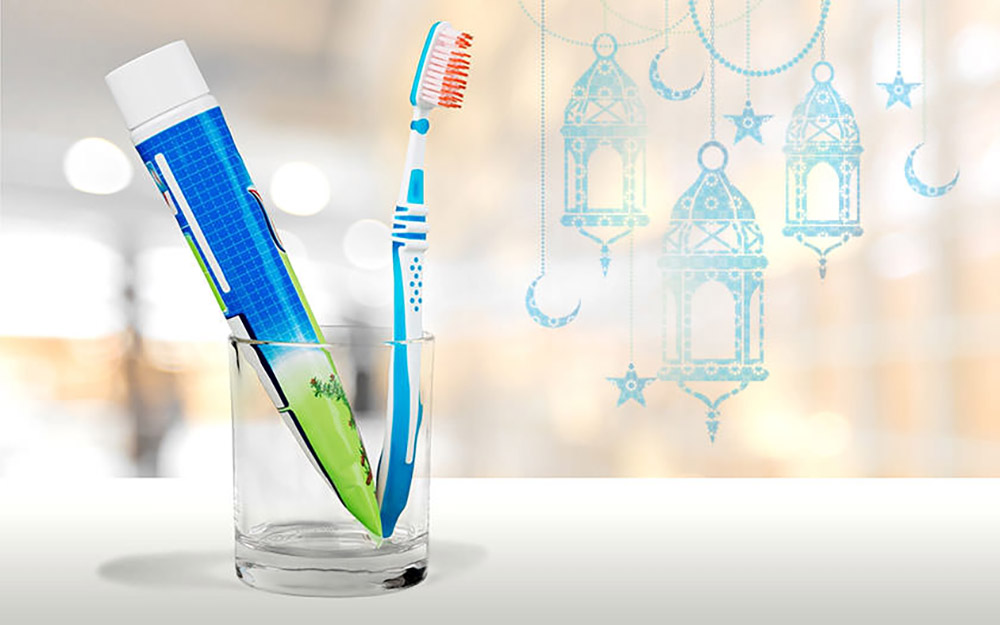
Order on using toothpaste while fasting
The use of dental floss is one of the measures taken to maintain oral health. Because eating and drinking are prohibited during fasting, some may wonder if using toothpaste invalidates fasting.
We can answer this question by referring to the fatwas issued by Taqlid authorities. The majority do not perceive the use of dental floss as an impediment to maintaining fasting. As a result, Muslims can safely use dental floss while fasting. During the holy month of Ramadan, it is perfectly acceptable to continue practicing good oral hygiene, including dental floss and other necessary measures, to ensure the health of your mouth and teeth. Certainly, in such instances, if the individual intentionally ingests the particles lodged between their teeth, it will nullify their fast.
Furthermore, individuals may choose to gargle with water and salt or mouthwash to wash their mouths. It is also permissible to continue fasting in these circumstances, and Muslims can use these substances to improve their oral health. Notably, as per the fatwas of jurists, it is advised to refrain from ingesting liquids and foreign substances.
